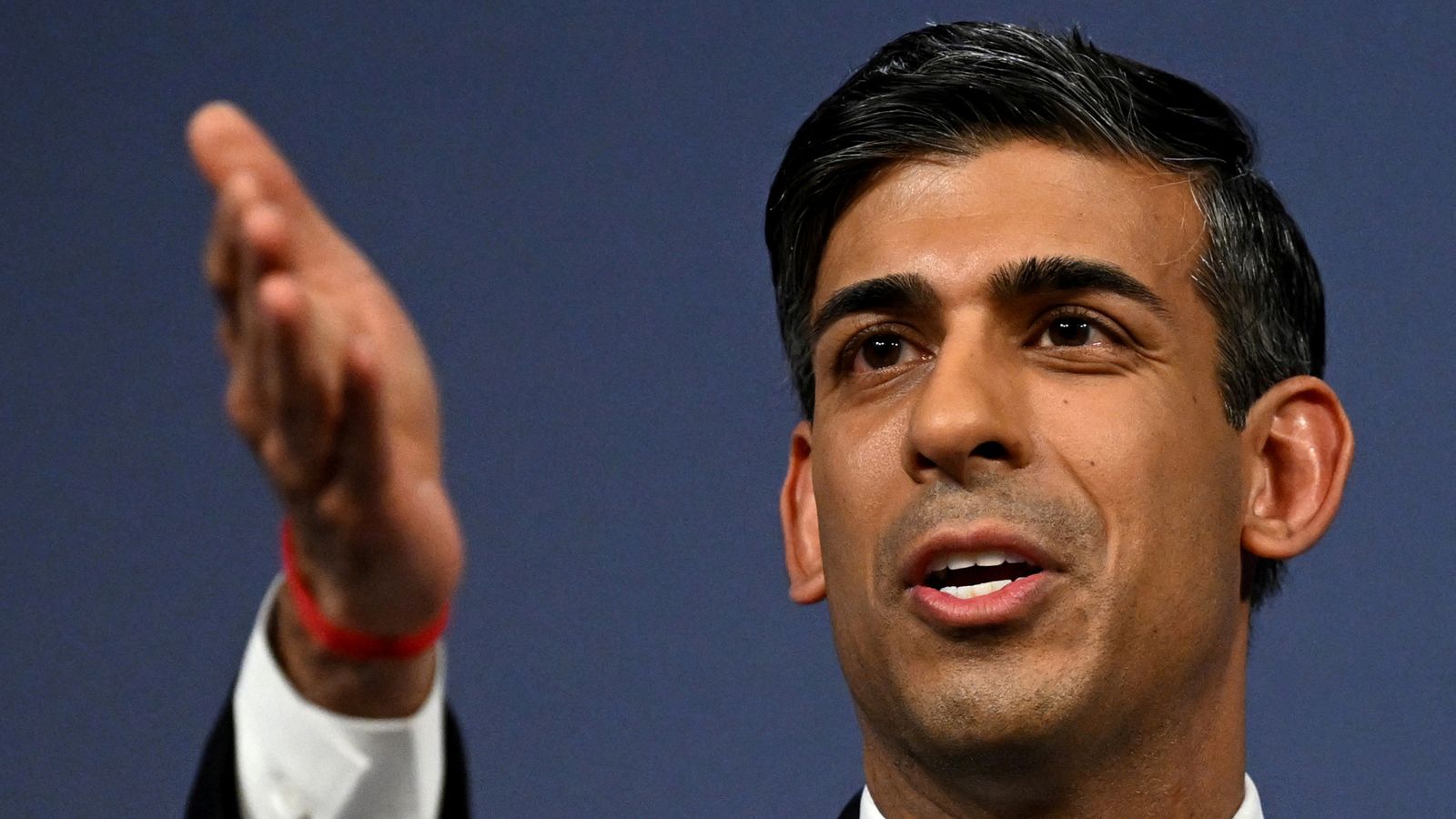Another handbrake turn in British politics.
For the last seven years and three prime ministers, Britain has pursued a diplomatic policy based on confrontation rather than cooperation.
Having landed the latest update to the Brexit deal with his own side more successfully than many predicted, Rishi Sunak has turned that on its head.
He’s now pushing for consensus, negotiation and compromise on the world stage, making him the first Tory leader since John Major to wholeheartedly adopt this approach.
Heading to Brussels, Mr Sunak said his “hope is that (his Brexit deal) opens up other areas of constructive engagement and dialogue and cooperation with the EU”.
This will be seen as a welcome gesture by the diplomatic community; and is not a sentence that Boris Johnson, Liz Truss or even Theresa May could have ever credibly said.
But this is bracing for the Conservative Party, and not without risks with the country as a whole.
Sunak is pitching his appeal as a rejection of those that came before him.
Boris Johnson, who won a near landslide in 2019, and Liz Truss, who was the decisive victor of last year’s Tory leadership contest, were prepared to do diplomacy differently.
Please use Chrome browser for a more accessible video player
They were prepared to decide the biggest issues based on unilateral decision-making: Britain ripping up treaties it had negotiated, unafraid of taking on global institutions and large power blocs – including the US – as a virility symbol.
Now compromise is the watchword, and the automatic question will be whether Britain is settling for too low a price.
Take today’s deal on migration with President Macron. Rishi Sunak is able to announce a British-funded detention centre in France.
Leave aside questions about whether that’s the right policy – charities disagree detention is the answer – there are still uncertainties over how this will work.
Read more:
Key announcements from the UK-France summit
Sunak accuses Starmer of trying to stop action against small boat crossings
Without changes to French law, who can be arrested and detained and how likely are they to go back to their country of origin or a Rwanda-style third country?
For this and more promises of cooperation, Sunak is willing to pay almost £500m over the next three years, when the total cumulative bill over the last nine years was just over £250m.
Although fiscally a small amount, there are the first signs this will cause grumbles among Tory backbenchers.
All this hints to Sunak’s bigger challenge: can he prove the benefits of cooperation outweigh confrontation? Would those like Boris Johnson who champion a different route have got more?
Click to subscribe to Beth Rigby Interviews… wherever you get your podcasts
In truth, the Johnsonian route may very well not have got more – but Sunak cannot prove the counterfactual is wrong.
So he will need to sway voters with convincing arguments that he is improving their lives, overcoming headwinds from internal critics wanting to justify an alternative approach.
Sunak will get much love on the world stage and likely spend more time there. A trip to the US is imminent. But world leaders have no say in British elections.
He has a fight on his hands.











